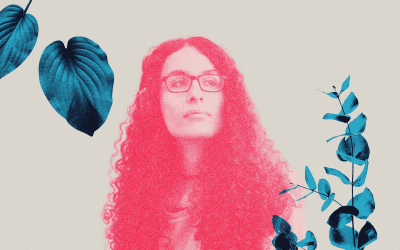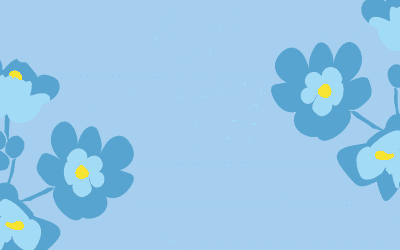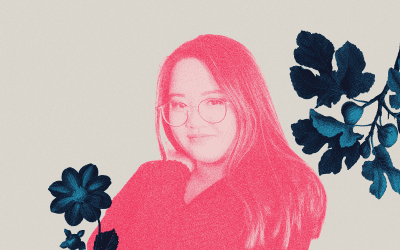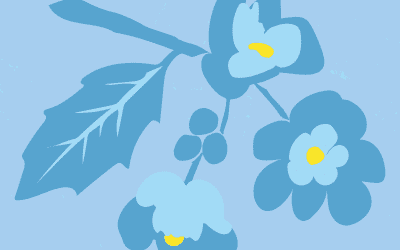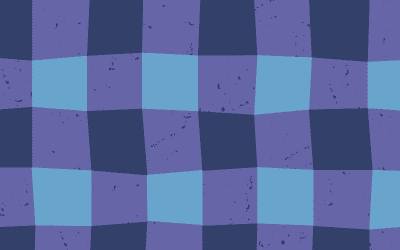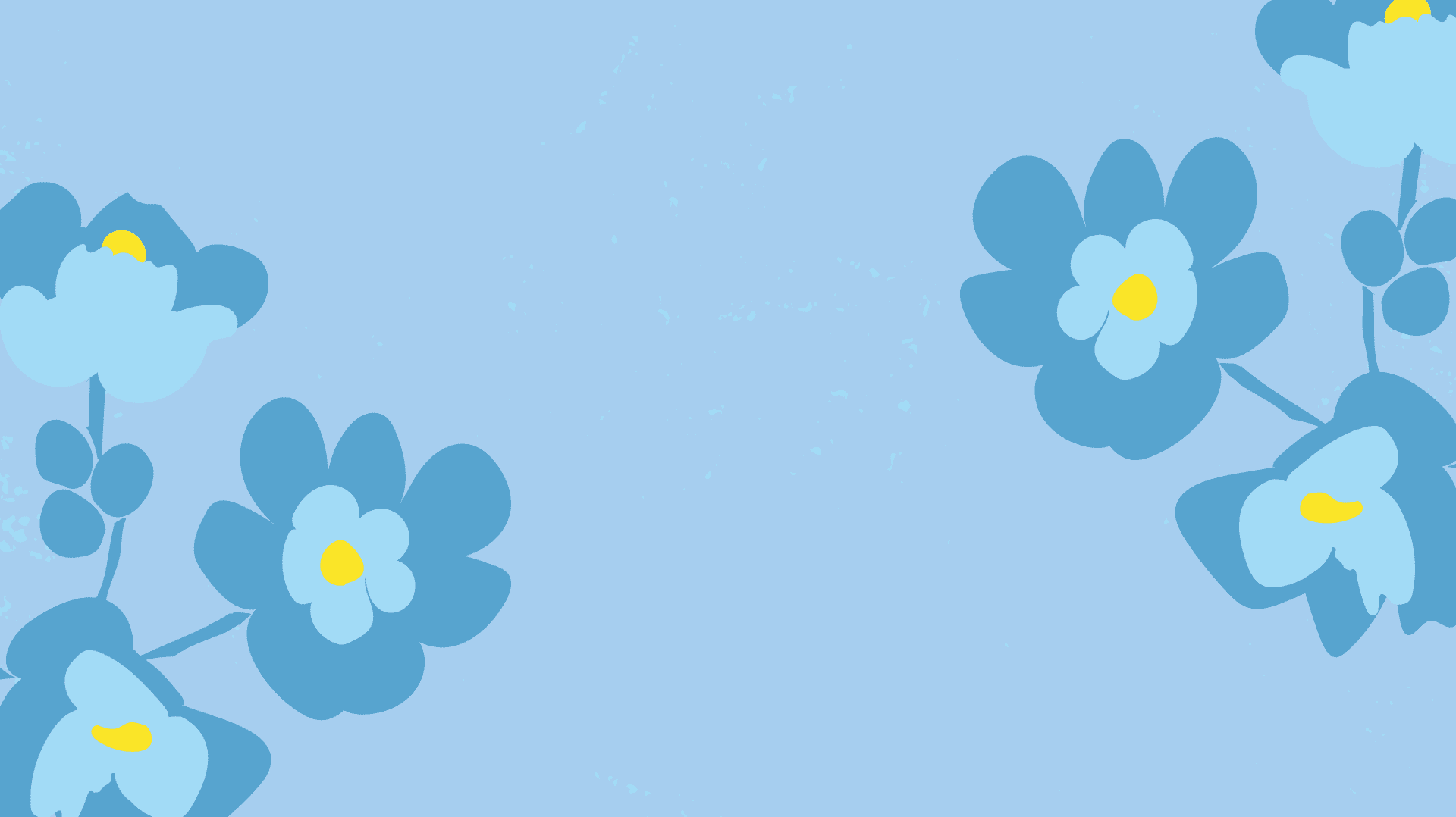
Thank you for taking care with us at #HealthyTeen23; now let’s work together to take action.
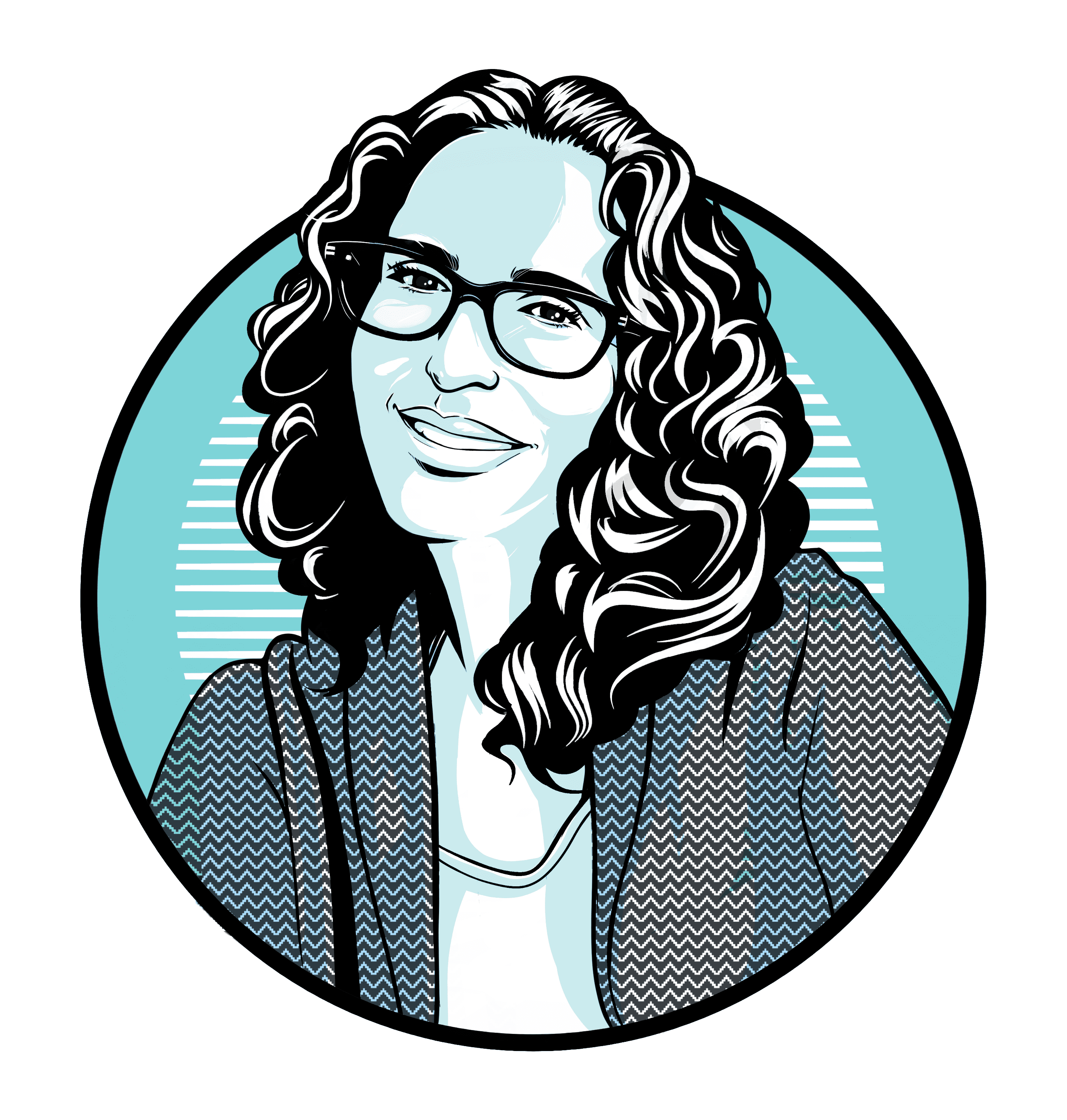
By Janet Max, MPH, CHES
October 20, 2023
As I was drafting my opening remarks for #HealthyTeen23 and reflecting on our conference, I realized this was my 20th conference with Healthy Teen Network! And there is nowhere else I’d rather be.
And while I’m grateful to have been able to gather together again at—let’s be honest, many of us are still so tired from these last few years. We were already tired from being in a helping profession, but the last few years took this to a whole new level.
I know I could probably sleep for a whole month and still not feel revived. This is the kind of tired you feel in your bones and soul.
When we started thinking about this year’s theme, that was the question we kept coming back to. How do we honor what we are feeling, how do we care of ourselves and sustain ourselves, so we can take action and keep moving forward to seek the change we want in this world?
We know what we want to see in this world for young people, but sometimes the hurdles to get to that place can feel daunting. We are pushed back again and again, as we see the never-ending onslaught of attacks on people. We see long-standing precedents fall. And we fear for what might be next.
Deep-rooted oppression. The effects of historical trauma. It weighs heavily on us.
But what does that mean for us and all the young people out there? There is so much that needs to be done, even as we feel worn down.
When we started thinking about this year’s theme, that was the question we kept coming back to. How do we honor what we are feeling, how do we care of ourselves and sustain ourselves, so we can take action and keep moving forward to seek the change we want in this world?
We planned this year’s conference for you—the caregivers, educators, and changemakers who give it all for today’s youth and the generations yet to come.
At #HealthyTeen23, we took a deeper look at just that—how do we care for ourselves? How do we cultivate healing of the mind, body, and soul?
Our opening keynote session focused on how we can build on the wisdom and learning from our communities, to heal, first and foremost. In our Tuesday featured panel session, we looked to each for inspiration and renewal and asked, what can we learn from each other, sharing perspectives on wisdom, justice, and healing across time and generations. Finally, Wednesday, our closing session gave us some practical strategies to consider, to take action. Our resilience fuels the resistance.
PHOTO CREDIT: Gina Desiderio
Uplifting and Celebrating the Voices and Lives of Native People
As many of you know, we move our conference to a new location every year, and this year we were lucky to have our national conference in the beautiful City of Rose—Portland, Oregon—nestled on the banks of the Willamette River, a name from the local tribal language meaning Big River. Standing there, in what is now called the United States of America, I wanted to bring to our attention that the majority of us today live, work, play and go to conferences on stolen land. And in recognizing that, I want to acknowledge that, as we opened #HealthyTeen23, we were sitting on the traditional territories of many tribal people. Some through forced removal and genocide are no longer there—their bloodlines buried in the earth; others were forcibly removed and marched by foot to new territories and are current members of the Confederated Tribes of Grand Ronde, Bands of Chinook, Wasco, Multnomah, Cowlitz, Kathlamet, Tualatin, Kalapuya, Molalla; and many others also traveled, traded and lived along the many river systems flowing through this area.
Why was it important for us to start #HealthyTeen23 with this acknowledgement? Because American history and culture has erased these people from their land, from history books, from classrooms and society.
What are our children learning in their schools about the true history of Indigenous people? What are our places of work, communities, and neighborhoods doing to uplift voices and the lives of Native people? How can we all better support Indigenous people and celebrate their brilliance and rich cultural values and lifeways?
I want to thank again, our opening keynote speakers—Jillene and Shalene Joseph from the Native Wellness Institute—for sharing a story with me about the strength of a teenage tribal member “Rogue River Mary.” In 1855 the Battle of Hungry Hill happened where a 13- or 14-year-old “Rogue River Mary” rode her horse along a mountain ridge south of Portland, Oregon, hollering and taunting the U.S. Army, citizen militia, and volunteers who were down below organizing to attack and probably massacre the “hostile” band of Rogue River Indians. There were about 20 of them and about 300 of the Army soldiers. According to Army documents, she screamed and hollered throughout the night. The next morning, Rogue River Mary organized, coordinated, and led her people to victory at the Battle of Hungry Hill. This battle compares to the Battle of the Little Big Horn (Custer’s demise) and her techniques, fierceness, and leadership are used at West Point when discussing military strategy. The Confederated Tribes of Grand Ronde, where Mary’s people ended up, have applied for historical battlefield status for this area—a first for any tribe in the west.
I mentioned this story as a way to honor and raise up the history and voices of the Native people and to call on us to seek about and do the same in each of our home communities.
When talking with Jillene leading up to the conference, she shared that many indigenous people have said countless prayers for us, that we may see ourselves in the circle of humanity where everyone and everything is respected and is sacred. And so, in a reciprocal act of kindness, let us keep their continued well-being in our hearts, as a way we can honor the lives of the Native people of Oregon and everywhere.
PHOTO CREDIT: Gina Desiderio
Healing Comes from Building on the Wisdom and Learning from our Communities.
Trauma-informed practice has been all the rage for years. “Integrate SAMHSA’s Six Guiding Principles, and everything will be better,” they said. That approach did not take into consideration the historical or intergenerational or cultural or social challenges that many people, families, and communities experience. Whether it is racial injustice, an unintended pregnancy, anti-human policies, a shocking health crisis, or a global pandemic, where there has been trauma, healing is the answer.
To get us started with this idea of healing and “taking care,” we were so very fortunate to have, from the Native Wellness Institute, Jillene and Shalene Joseph, join us for our opening session. Jillene and Shalene shared strategies we can act on now for ourselves and those with whom we work—across all ages—and within the communities we inhabit. A foundational concept for the Native Wellness Institute is the idea that it is unethical to discuss trauma without healing: Jillene and Shalene engaged us in an interactive “being trauma- and healing-informed” experience that connects healing to wisdom and community. Through restorative approaches and practice, we can heal.
Wisdom, Justice, and Healing Across Time and Generations: Looking To One Another For Inspiration
Building the world we want to live in and leave to future generations is not possible alone. Tuesday morning, Dr. Tanya Bass moderated a panel of sexual and reproductive health experts, including young ambassadors for Planned Parenthood Columbia Willamette: Asha Mohan, Liliana Cabrera, Bex Heimbrock, and Jason Scott.
We’ve learned so much, our field, over time…and we have so much more to learn. What’s changed over the years, and what’s stayed the same? In today’s world, where you live—your geography, your state and local policies—changes your reality…what’s true in one town or city is not true in others. As we continue to work towards a more just, healed world, what can we learn from others and their lived experiences — their challenges, triumphs, and failures—to inspire us and fuel us in our continued work? Let’s get started and hear from our panelists about sexuality, justice, and rights, and how they use collaboration and education as a pathway to healing.
PHOTO CREDIT: Gina Desiderio
The Trailblazing #HealthyTeen23 Awardees
We heard from our three amazing awardees this year—The Menstrual Dignity for Students Program from the Oregon Department of Education (accepted by Sasha Grenier), Raphael House’s Confidential Advocacy Services in Schools Program (accepted by Nick Guerrero), and Marlen Ramirez.
Our #StandingStrong Awardee
We recognized the Menstrual Dignity for Students Program from the Oregon Department of Education with our 2023 #StandingStrong award.
The Menstrual Dignity for Students Program requires that schools provide products and dispensers in a safe, private, accessible, and gender-affirming manner. The program also guarantees that education must cover menstrual health as a positive part of being human, without shame, and in a way that is affirming and accessible for all students of all genders. Sasha Grenier accepted this award on behalf of Menstrual Dignity for Students Program at the Sexuality Education Specialist at the Oregon Department of Education.
Our Innovation Awardee
We celebrated the Confidential Advocacy Services in Schools Program from the Raphael House of Portland with the 2023 Innovation award.
Since 2006, Raphael House’s Prevention Program has provided free, comprehensive classroom education for teens across the Portland metro area. As leaders in this work, Raphael House helps schools shift to a culture of consent and safety, working with students, teachers, administrators, and parents. Nick Guerrero acce[ted this award on behalf of the Prevention Education team at Raphael House of Portland.
Our Outstanding Former Teen Parent Awardee
We applauded Marlen Ramirez with this year’s Outstanding Former Young Parent award.
Marlen found her pregnancy to be motivation to graduate high school and continue her post-secondary education. She welcomed twins at 27 weeks and faced the ups and downs challenges that she credits with making her the person she is today.
As a Community Health Worker, Marlen helps individuals make medically informed decisions that resulted in them reaching their goals and living healthy lives. She is an advocate for health promotion and health equality.
PHOTO CREDIT: Gina Desiderio
Seeds of Healing: A Community Garden | Installation Presented by Thrivology
Taking care of yourself can be a lot like tending to seeds in a garden. Seeds need care, attention, and the right environment, to grow and thrive. So do you. And seeds are the promises of potential, the tiny beginnings of something incredible waiting to burst forth.
The Seeds of Healing: A Community Garden installation during #HealthyTeen23 that our Innovation & Research Department brought to life alongside the young people of the Thrivology Research Alliance.
The team from one of our projects, Thrivology, crafted a hands-on, immersive installation called Seeds of Healing: A Community Garden. In it, conference attendees were invited to reflect on their self-care intention by making seed balls. They were also able to envision the collective hopes and dreams of your communities in our garden.
Plus, attendees who participated in the installation received a sneak peek and early access to two of Thrivology’s resources that were developed this year.
C.A.R.E. in Action: Showing Up for Youth in Movement Spaces
Mariotta Gary-Smith brought #HealthyTeen23 to a close, as she shared her journey from being a young agitator and peer educator to co-founding the Women of Color Sexual Health Network (WoCSHN,)—an online-based collective for women/femme-identifying/gender expansive sexuality professionals of color—and using her passion to REALLY engage in the work of sexual and reproductive health education, care, and justice.
Using life experience, social and reproductive justice movement wins, reflections, and lessons learned, Mariotta shared how she puts C.A.R.E.—Consistency; Accessibility; Rest as a practice of Resistance; and Energy, Empathy, and Exit—in motion.
PHOTO CREDIT: Gina Desiderio
Together, we can take action to create a more just and caring world—built with and for young people.
I spent some time on the final day of conference looking at the community garden everyone made, in the installation, by sharing their words of wisdom along with the seedballs. The question asked was, “How do you cultivate the world you want to see?”
I want to read you some of the answers I saw written on the leaves and hanging in the installation.
- Community is where I seek to make change. Through building connections and strengthening families.
- By allowing people to share their lived experiences and acknowledging the impact of those experiences.
- I bring my young self into all of my interactions. This allows me to show up in mutual healing and helps to remind the adults I work with, it is never too late to learn for our younger selves and the youth we impact everyday.
- I love to remind people what makes them special and why I’m honored to know them.
- By being the adult I needed when I was a teen, so it means, that I am there for them.
I want to thank everyone who attended this year’s conference for joining us in Portland and being vulnerable as we learn together. As Jason said during our youth panel on Tuesday morning, it is okay not to know something, but it isn’t okay not to learn.
And one way to learn is to listen. People, be it young people or our colleagues, will tell you what they want, what they need. It is our job to listen…and then take action on what we heard.
We hope to see you next year, November 18-20, in Phoenix, Arizona, for #HealthyTeen24!
Janet Max, MPH, CHES, is the Healthy Teen Network President & CEO and oversees our strategic planning and pursuit of our vision and mission. When not talking about bodies over dinner with her two kids, she can be found working her way through her endless stack of books. Read more about Janet.










